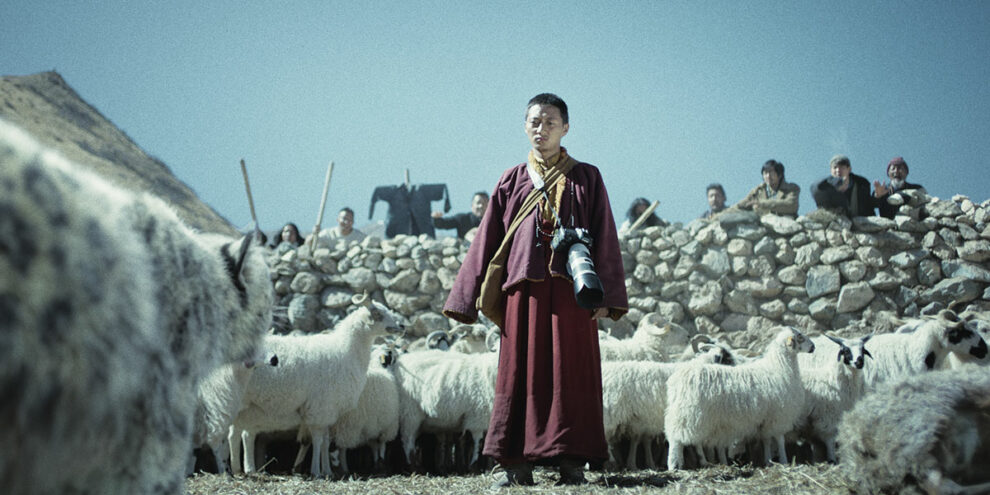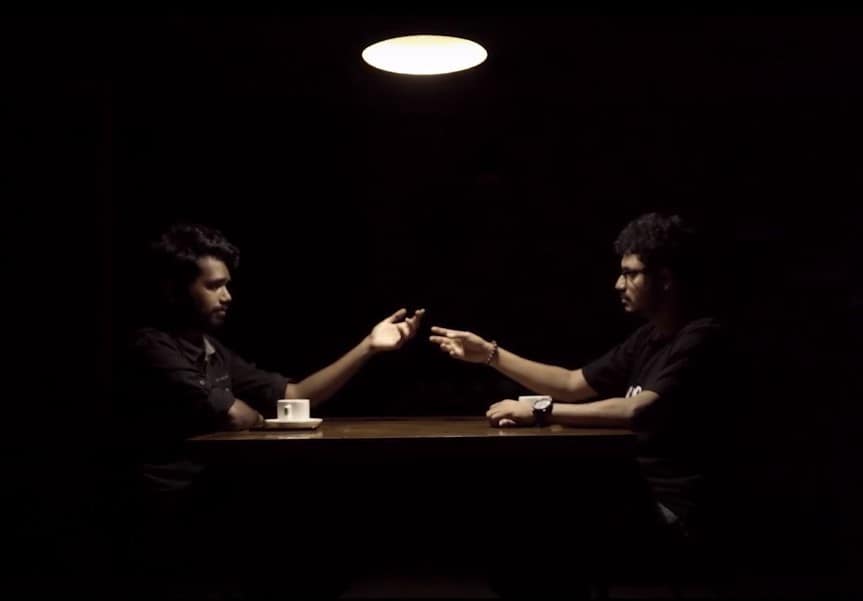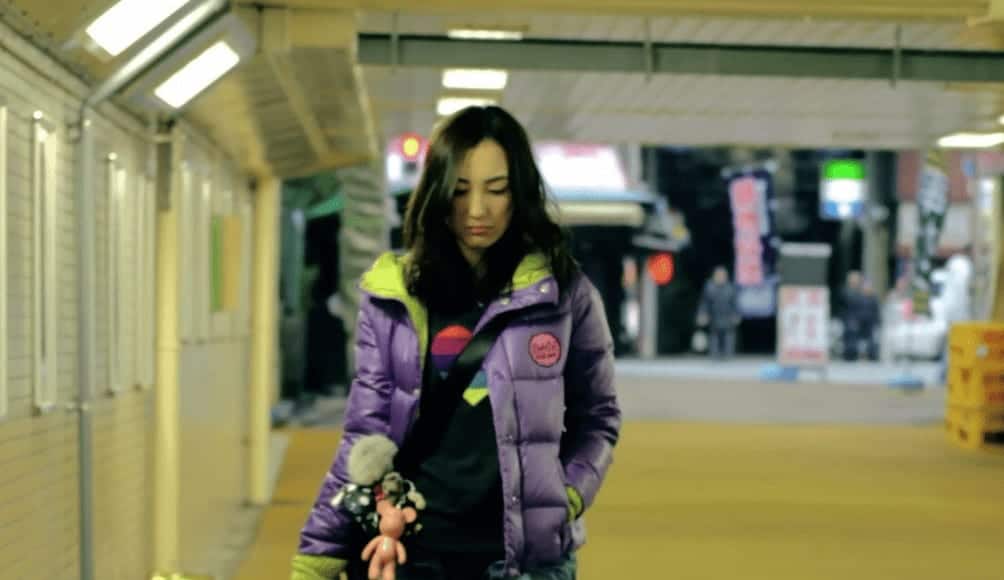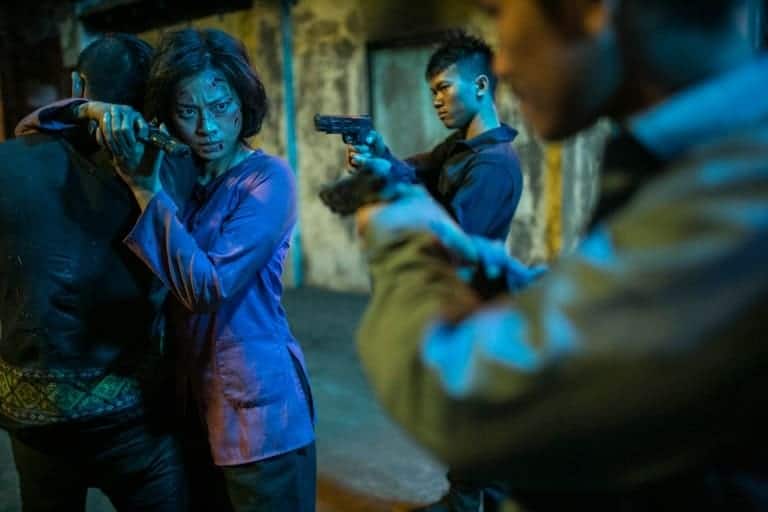Final movie of Pema Tseden, as he died four months before it premiered at the 80th Venice International Film Festival, “Snow Leopard”, which won Best Film at Tokyo and the Cyclo D'or in Vesoul, is another testament to the significance of the loss of a truly great filmmaker.
Snow Leopard is screening at Vesoul International Film Festival of Asian Cinema
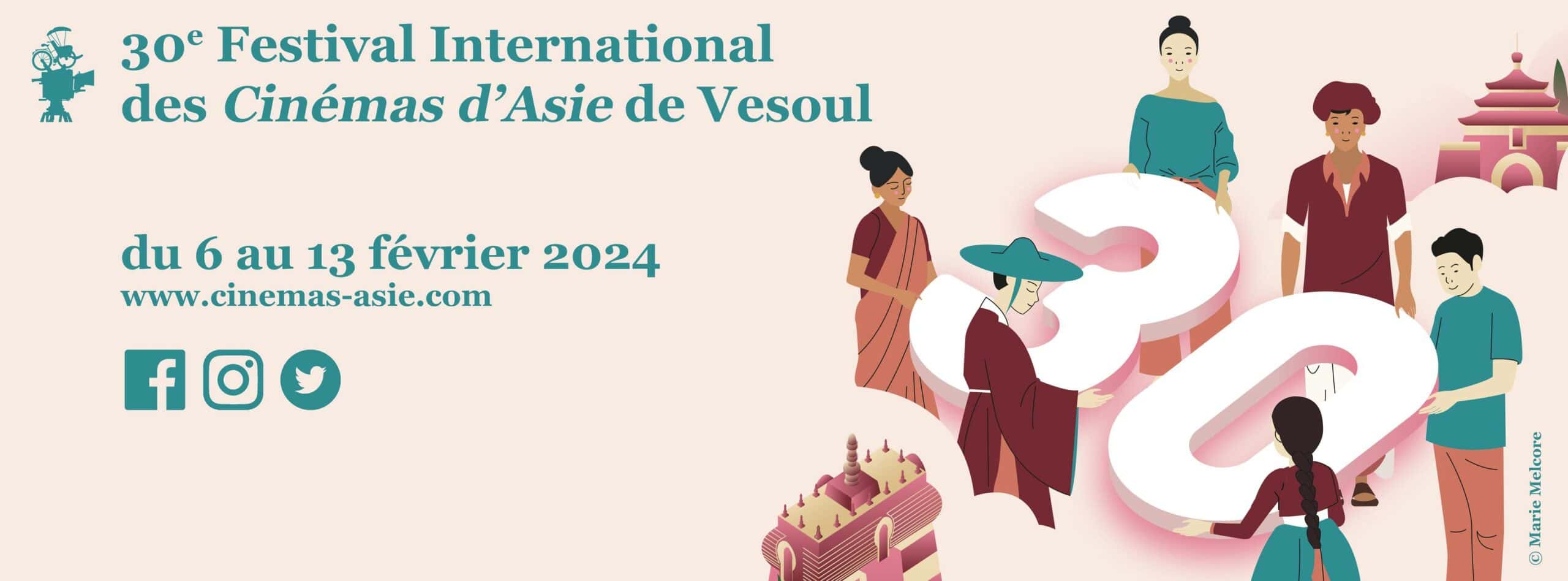
A regional television crew is driving through a Tibetan-speaking region of Qinghai province in northwest China to report on a herder who has captured the snow leopard which has killed nine of his sheep. Lead reporter Dradul has been contacted by the herder's brother, Nyima, a former classmate who is now a monk. However, as soon as they arrive, they find Nyima's brother, Jinpa, utterly enraged, having imprisoned the leopard in the pen, and waiting for the authorities to arrive in order to receive compensation for the dead animals. His father, on the other hand, wants to let the animal free since it represents their relationship with nature, and the ‘stalemate' forces all of them to stay in the same house until they come up with a solution. Nyima, on the other hand, who is called Snow Leopard monk, seems to share a connection with the particular animal, while the appearance of the local authorities actually makes the whole situation even more complicated.
Pema Tseden focuses on one of the most prevalent issues for cattle-raisers all around the world, and the way the protection of the fauna and flora by the government can frequently cause them intense problems. In this case, it is Jinpa who represents this issue, who finds himself with a significant part of his herd (which is where he gets his money to live from) killed by the snow leopard, but is forbidden from killing it (and thus preventing it from doing the same thing again) and has trouble when he asks for a compensation. One can only feel his frustration, although after a point, it becomes evident that his hot-headedness is an equal part of the problem.
Check the interview with the protagonist
His presence, furthermore, adds a very appealing sense of tension to the movie, in an element that is not that common in Pema Tseden's filmography, but is handled quite well here. At the same time, one can only marvel at the acting of Jinpa (he has the same name as the character) and the way he overreacts all the time, without, though, completely masking his (well-hidden) good nature.
Nyima on the other hand, who has actually returned to his family's house in order to take pilgrimage to Lhasa with his father, represents a totally different approach towards nature than his brother, with him being in perfect resonance with it, which in this case, is represented by the snow leopard. The interactions of the two throughout the movie, occasionally in Nyima's dreams, is among the best aspects of the movie, also highlighting the excellent job done in the SFX of the animal, which are actually impressive throughout.
The presence of the authorities, on the other hand, also represents another comment, of how the system does not work in particular cases to say the least. Their repeated “The snow leopard is a first-class protected animal” phrase becomes annoying after a fashion, particularly since the only thing Jinpa wants to hear in order to calm down, is that he will receive compensation for his loss. The solution Pema Tseden promotes in the end is a definite one, but also manages to highlight all the aforementioned in the best fashion, in an overall impressive closing of the narrative. If one was to find a fault in the narrative, is probably the whole pilgrimage to Lhasa, which seems somewhat disconnected from the rest of the narrative, even if eventually becomes (kind of) a part of the solution.
Apart from context, the movie thrives in terms of production values. Apart from the SFX, Matthias Delvaux captures the rural, snowed setting with artistry and realism, with his close-ups on Jinpa adding to the tension, and his whole presentation of the area being quite impressive overall. Jin Di's editing results in a mid-tempo that becomes slower inside the house and faster outside, in perfect resonance with the movie's aesthetics.
Tseten Tashi as Nyima is very convincing in his debut, essentially playing the opposite of Jinpa, with his meaningful silences, his gaze, and his interactions with the snow leopard all being impressive to watch.
“Snow Leopard” is an excellent movie and a rather fitting goodbye for a filmmaker who left the world at the top of his game.


